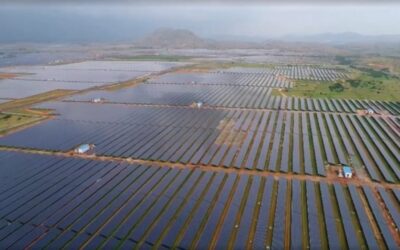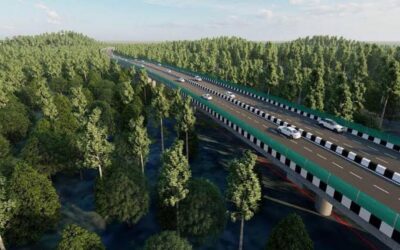From the first day of college, there is one thing that I clearly remember. Politics is everywhere. It is a process of making decisions. Apart from the government, there are several things that are political in nature including incidents in our daily lives. With this blog, I aim to discuss some of the places that I have recognized and experienced as highly political, while working with Milaan Foundation in Sitapur, Uttar Pradesh.
Classrooms
Almost 60% of my work time is involved in dealing with students in a classroom. When time allows, we go out for games, to the library and casually chat with each other. There are a lot of thing that students discuss, starting from Akhlilesh Yadav’s versus Yogi Adityanath’s government to religion related disputes. They speak of things at the ground level. For example, a laid back student was expressing his concerns over how under the previous government, it was easy to pass board exams as he could cheat while with the present government, he cannot. I don’t know till what extent that’s true but no one in the class disagreed with him.The crux here is that even while sitting in their classrooms, students realize the impact of changing governments.
On Republic Day, I helped a few students prepare plays to perform. One of those was a satire on political leaders and was done on a short notice. Yet, it turned out to be the best among all other plays. It stemmed from the fact that the students could empathize so much that it did not take much effort in learning the dialogues. It would not have been possible if they had not been actively observing and discussing politics with each other, and in their families.
Some classes have a high political atmosphere. The discussion almost always is about religious dynamics. Knowingly or unknowingly, cornering a Muslim student or one from a lower caste for eating non-vegetarian food, is not uncommon here. Mocking each others’ food preferences and ways to greet are also seen. The marginalized students feel bad for a while but then they develop another way to mock back on the basis of one’s physical appearance or family occupation. Such small incidents shape their political ideologies. It all starts from a young age, in home and at school.
E-Rickshaw
If you are taking an e-rickshaw here, you are probably commuting at least a length of three kilometers. Most people travel up to six kilometers through streets that link villages to the National Highway. During this time, one gets good fifteen minutes to talk to co-passengers. People barely want to look around and stay quiet. They discuss rumors about road expansion that, if true, would lead to them losing their farmlands. People talk about Pradhan elections in the village, and how every government facility comes with a bribe to Pradhan. Some of them become aware of different schemes while others talk about their experience with one or more schemes.
They hear stories from elder people and hope to gain knowledge from them. One may overhear discussions about the upcoming infrastructure including Gaushalas, network towers, college buildings and hospitals. They make mental notes about their voting decisions. People help each other to understand society’s complex nature, and how to deal with certain problems. Family issues, many times, are not just limited to immediate family members. Passengers seek advice from shopkeepers and other co-passengers as well. They discuss news which is sometimes heavily opinionated.
Old Grocery Shops
One grocery shop here is more than twenty years old. It is always more crowded than the other such shops in and around the area. The shopkeeper is old and many people turn up just to talk for a while. That’s how they keep themselves updated about the nearby villages. People from six surrounding villages gather and discuss to know about each other. It does not necessarily have to be problems. They talk about important people, significant purchases made and upcoming festivities. Whenever there is a fête, almost everyone is talking about it. Some are interested in plays, a few in shops and others in games. This way, a lot of information gets circulated. More people become excited to attend and thus, it results in more revenue generation. We get to see how several decisions taken here lead to the betterment of the overall village economy.
Vicinity Of Hand Pumps
There is a different kind of gathering around hand pumps. It is mostly limited to women, most of who gather in the morning as well as in the afternoon to collect water for daily use. Rumors and whereabouts of different families are discussed. Everyone gets to know everything about each other. A lot of ideas are generated such as how sending a girl away for higher studies seems bad because “Who knows what she is doing there” and “Why does she even need to study something that requires so much investment.” Someone points out, “My daughter can cook more dishes than yours, and hence she will be a better choice for a bride”. Feelings of jealousy, competitiveness as well as a sense of community are fostered near hand pumps. Whenever I want to talk to women, I head towards the hand pump and find a few women, who, in turn call others.
There are several other places which can be considered as political. After all, the village community becomes aware through discussions, not through social media. The Panchayat communicates with people through meetings. Before any issue reaches the authorities, people get together in solidarity and then move ahead with their complaint. This sense of community binds people here. We see, how a small unit like a village is political in nature and why several leaders try appeasing the rural population to populate their vote banks.




This is a super topic and observation piece. You can actually expand this to write a larger monograph as well!